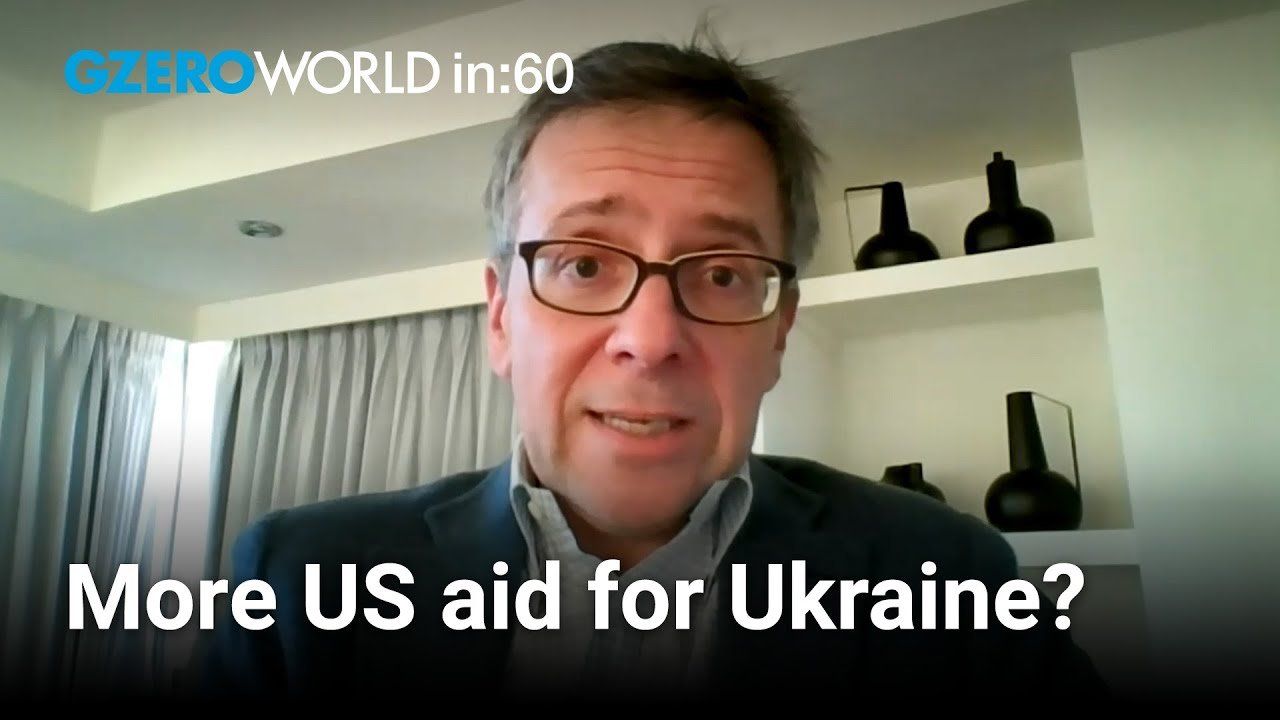Ian Bremmer shares his insights on global politics this week on World In :60.
Will Zelensky's US visit lead to more aid for Ukraine?
I think so. Unclear why he had to go to Argentina for Milei's inauguration just before. That feels decidedly B-list for a guy that's running a war. But the US trip is important. And of course, he's seeing all of the senate Dems and Republicans, speaker of the House, as well as Biden and a bunch of defense contractors. Biden really wants this to happen. So do leaders of the Democratic and Republican Party. Biden has to compromise for support, both money as well as policy compromise on border security to get the Republicans to support it. I expect that will happen. So on balance, it's close, but I think you're going to get additional military support and cash from the Americans for 2024. That does not allow the Ukrainians to take more territory back, but it does allow them to maintain their existing defenses, which is pretty important.
Will Prime Minister Tusk's return to power help make Poland a leader in Europe?
Absolutely. And I think we're already seeing that in terms of Poland's role on Ukraine. We're seeing it in terms of engagement with von der Leyen on fiscal transfers and on general alignment on where Europe's policies are going on issues like transition energy, industrial policy, AI, you name it. I think that this is a big win for Europe and it's certainly a big win for the Polish people.
Is Prime Minister Sunak on the rocks in Britain?
No much more than he has been, frankly. I mean, he is potentially going to face a no confidence vote because of opposition to his migration, latest migration policy, but it won't pass. He's certainly out in the next election in the coming year and Labor's coming back. But compared to recent prime ministers in the UK, Sunak's been doing a pretty decent job. Essentially, he's a caretaker PM, post-Brexit. That's where we are.
- Biden seeks urgent aid package for Israel, Ukraine ›
- Biden’s visit to Ukraine signals US commitment, but war gets tougher ›
- Zelensky charms Washington. But will it be enough for the long haul? ›
- Zelensky takes aim at the UN Security Council ›
- Zelensky tells Congress US aid is only path to war resolution ›
- Is Biden's embrace of Israel a political liability for him? ›
- US aid for Israel & Ukraine hangs in the balance - GZERO Media ›
More For You
In this Quick Take, Ian Bremmer addresses the killing of Alex Pretti at a protest in Minneapolis, calling it “a tipping point” in America’s increasingly volatile politics.
Most Popular
Who decides the boundaries for artificial intelligence, and how do governments ensure public trust? Speaking at the 2026 World Economic Forum in Davos, Arancha González Laya, Dean of the Paris School of International Affairs and former Foreign Minister of Spain, emphasized the importance of clear regulations to maintain trust in technology.
Will AI change the balance of power in the world? At the 2026 World Economic Forum in Davos, Ian Bremmer addresses how artificial intelligence could redefine global politics, human behavior, and societal stability.
Ian Bremmer sits down with Finland’s President Alexander Stubb and the IMF’s Kristalina Georgieva on the sidelines of the World Economic Forum to discuss President Trump’s Greenland threats, the state of the global economy, and the future of the transatlantic relationship.
